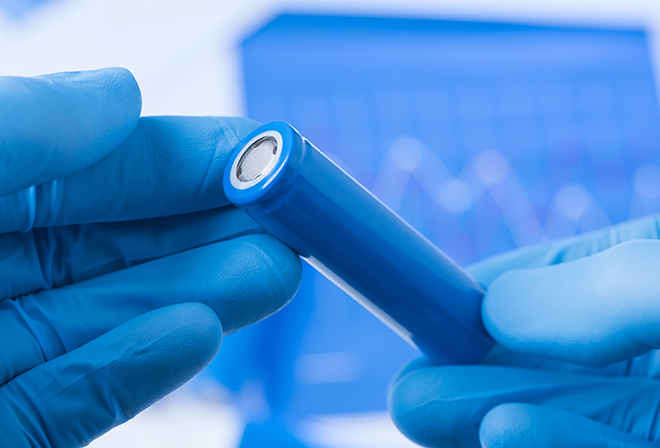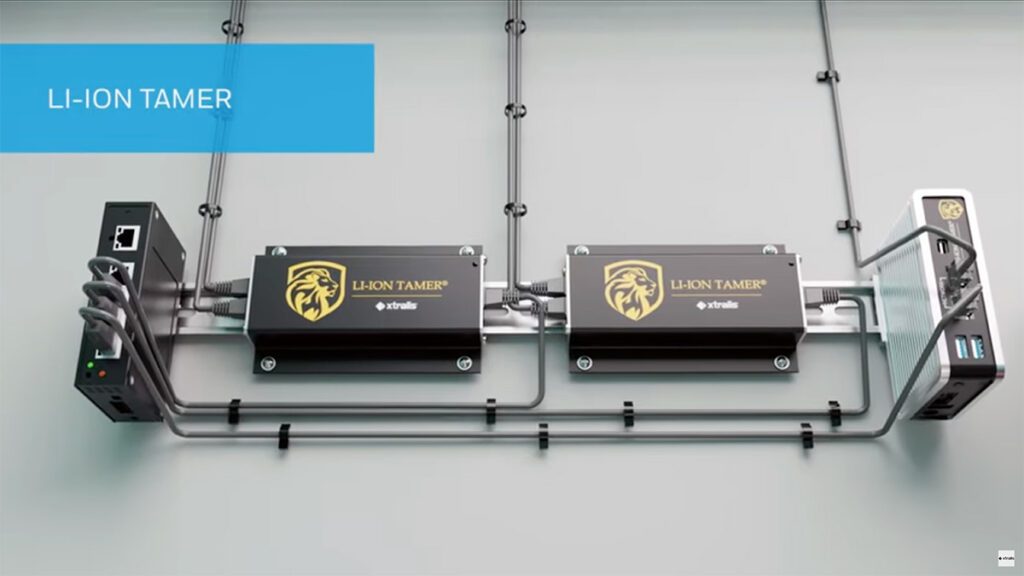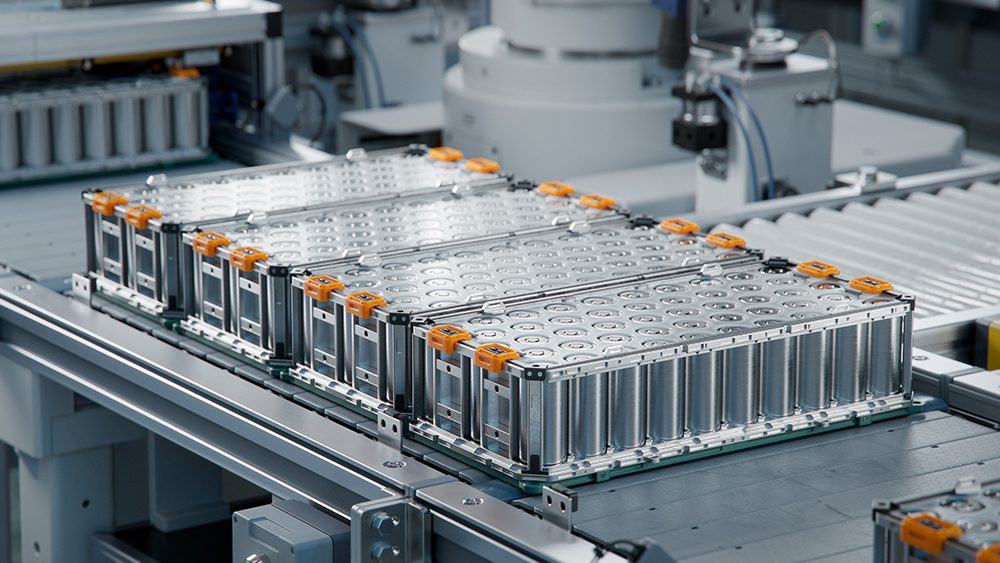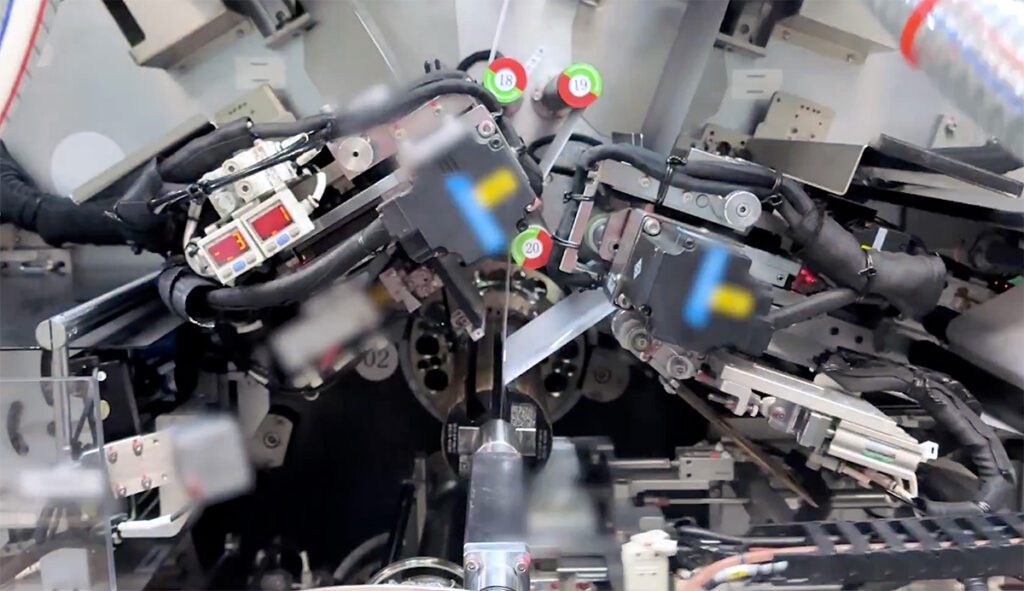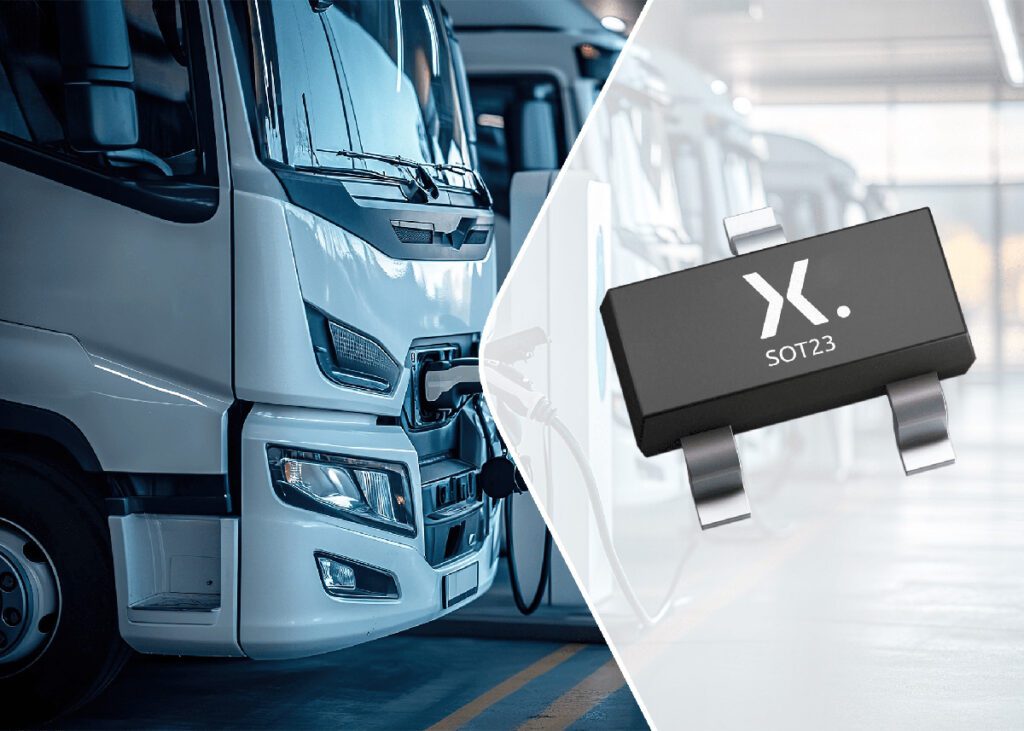Researchers at the Massachusetts Institute of Technology (MIT) and in China say they’ve developed a new version of the cathode. The researchers describe the cathode as a “hybrid,” since it combines aspects of intercalation-type and conversion-type cathodes to increase gravimetric energy density (per-pound energy output) and volumetric energy density (per-liter energy output).
The cathode has relatively high electrical conductivity, the researchers say, reducing the need for carbon and decreasing its overall volume. However, the cathode hasn’t matched the longevity of Li-ion batteries.
In its current version, the hybrid cathode exceeds 360 watt-hours per kilogram and 581 watt-hour per liter, according to the researchers. They think future versions can achieve 400 watt-hours per kilogram and 700 watt-hours per liter.
Describing the hybrid cathode, Ju Li, an MIT Engineering Professor who led the research, said, “It is like the primer and TNT in an explosive, one fast-acting, and one with higher energy per weight.”
The work is described in the journal Nature Energy.
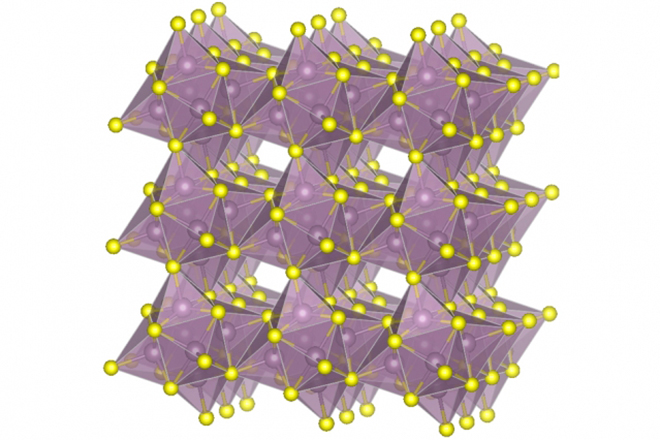
Molecular diagram shows the structure of molybdenum sulfide, one of the materials used to create the new kind of cathode for lithium-sulfur batteries.
Source: MIT News







